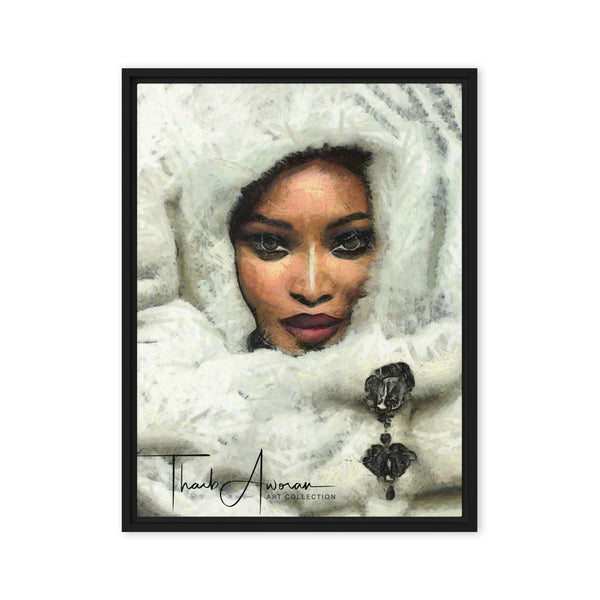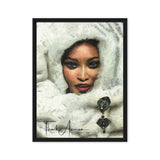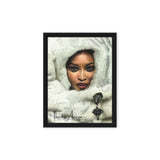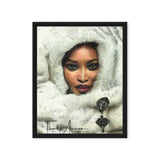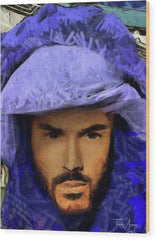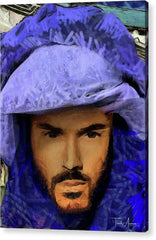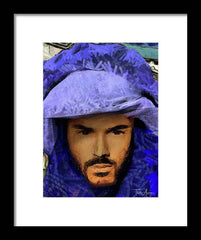The Ubiquitous Disruptor - Framed canvas
Type: Canvas Print
Vendor: Tharb Aworan Art Gallery
Description:
Spice up your blank walls with this head-turning framed canvas! This high-quality pine tree framed canvas comes with rubber pads on the back corners and wall mount that makes hanging the artwork hassle-free. What’s more, the frame gives the canvas a cool floating effect!This beautifully crafted, animated Tharb Aworan portrait, "The Ubiquitous Disruptor" masterpiece, celebrates the trailblazer, Supermodel, actress and businesswoman Naomi Campbell. Born in London, England on May 22, 1970, she has become one of the most photographed women of all time, making the cover of so many major fashion magazines, that she appeared to almost be in every place at once. Originally trained in childhood to become a ballet dancer, she instead became an iconic celebrity and one of the most recognized Supermodels in the 1980's, achieving success in television and other business related ventures after her modeling career. Most notable about Ms. Campbell is her courage as an activist, calling out racism within the international modeling industry, highlighting inequities in pay and amount of opportunities for models of color. In addition, her image appeared in so many places, that she disrupted the modeling industry, opening doors for new African-American models, especially those displaying a wider range of complexions. Astoundingly, her ubiquity was achieved well before the technologic emergence of social media giants such as Facebook, Instagram and Twitter.
• Pine tree frame
• Frame thickness: 1.25″ (3.18 cm)
• Canvas fabric weight: 10.15 +/- 0.74 oz/yd² (344 g/m² +/- 25g/m²)
• Open back
• Comes with rubber pads on the back corners
• Hanging hardware attached
• Blank product sourced from the US
Important: This product is available in the US, Canada, Europe, and the UK only. If your shipping address is outside these regions, please choose a different product.
This product is made especially for you as soon as you place an order, which is why it takes us a bit longer to deliver it to you. Making products on demand instead of in bulk helps reduce overproduction, so thank you for making thoughtful purchasing decisions!


